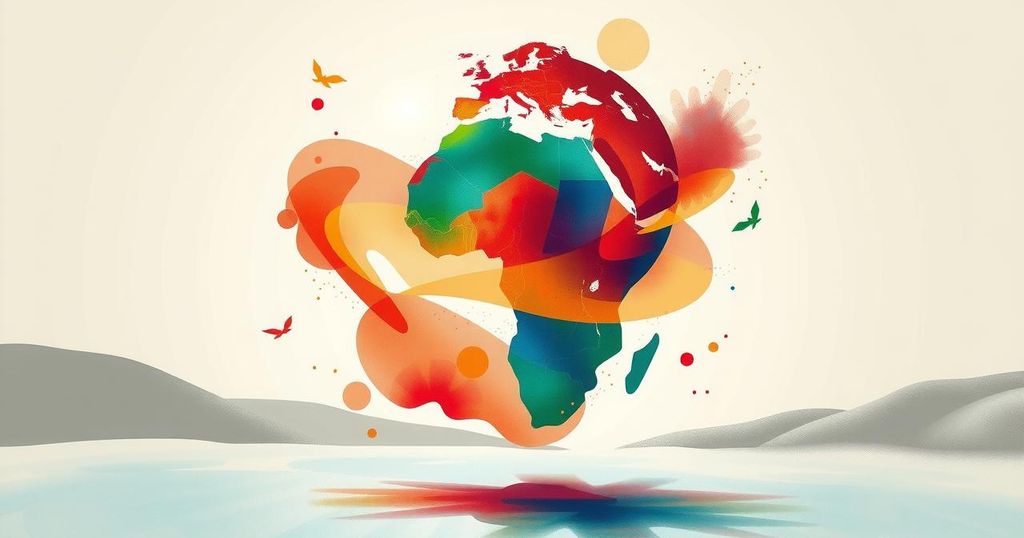The European Parliament urges the suspension of the minerals agreement with Rwanda amid escalating violence in the DRC by M23 rebels. While lawmakers condemned the situation, the EU Commission maintains that halting relations could undermine human rights obligations. A focus on responsible mineral sourcing remains paramount while tensions persist in the region.
The European Parliament has called on the European Commission to suspend its agreement with Rwanda concerning critical minerals due to escalating military tensions in the North Kivu region of the Democratic Republic of Congo. The ongoing violence in Goma, attributed to M23 rebels allegedly supported by Rwandan forces, raises significant concerns about the integrity of the minerals procurement process. Commissioner Dubravka Šuica reaffirmed the Commission’s intent to maintain metal purchases, arguing that halting the agreement could counteract EU human rights commitments.
During a recent resolution vote on February 13, with 443 votes in favor, lawmakers condemned the M23 occupation of Goma and other regions in eastern DRC, which is rich in minerals. The EU Parliament highlighted the severe human rights violations, including attacks and killings along the DRC-Rwanda border. Reports indicate that the violence has resulted in over 3,000 fatalities in the area bordering Lake Kivu.
The European Commission has faced criticism for its prior engagement with Kigali, particularly regarding financial and military support for Rwandan troops. Members of the European Parliament have called for a pause in these measures until Rwanda discontinues its ties with M23. The Parliament insists on suspending the EU-Rwanda Memorandum of Understanding on Sustainable Commodity Value Chains until Rwanda stops influencing the DRC and exporting minerals sourced from M23-controlled territories.
The February 2024 agreement aimed to enhance the EU’s access to essential materials for ecological transition while decreasing dependency on China. This initiative is vital for securing sustainable supplies of minerals like tantalum, tin, tungsten, gold, niobium, lithium, and rare earths, essential for European industries. Under the Global Gateway strategy, Rwanda was allocated over €900 million to bolster its mining supply chains.
Despite significant international concerns raised about the agreement’s implications, the Commission has opted for a pragmatic approach, maintaining its stance on the Memorandum. Šuica communicated Brussels’ directives for ensuring the protection of civilians, maintaining open borders for humanitarian assistance, and urging a ceasefire. Furthermore, she announced a speedy release of budgetary support for humanitarian efforts in the DRC, emphasizing the European Union’s commitment to responsible mineral production and safety standards in Rwanda’s mining operations.
In summary, the European Parliament’s push to suspend its minerals agreement with Rwanda stems from the escalating violence in the DRC. Lawmakers have condemned human rights abuses linked to this conflict while emphasizing the need for immediate action to halt the flow of conflict minerals. The European Commission continues to support the agreement, citing the importance of responsible sourcing and adherence to human rights obligations. This situation underscores the complexities involved in balancing economic agreements with the urgency of humanitarian concerns in conflict zones.
Original Source: www.eunews.it






